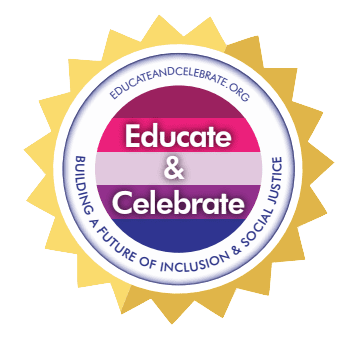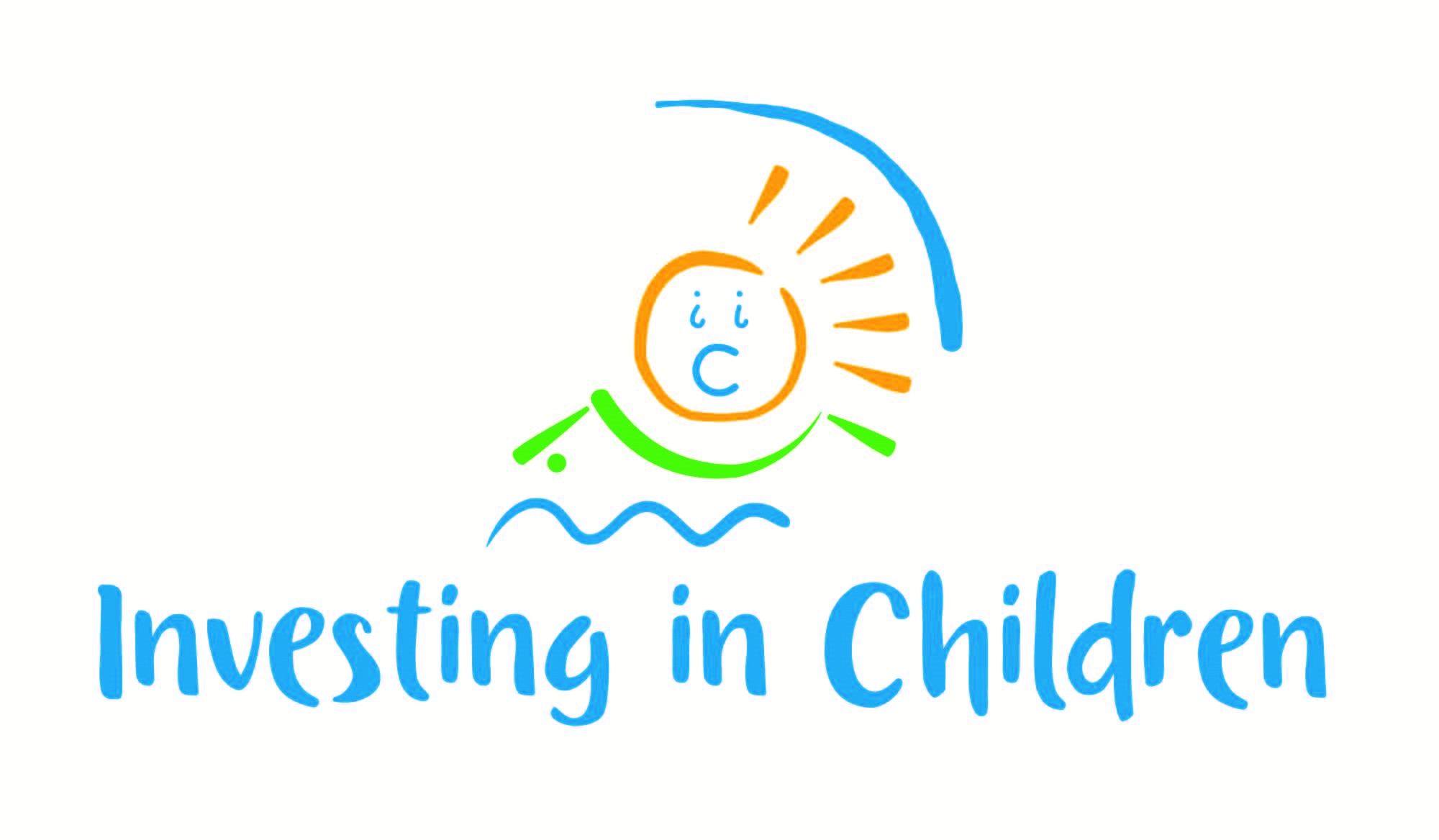Our high-quality history education will inspire a fascination and curiosity at all levels, with a curriculum which is rooted in the local with eyes on the global. We have developed a coherent curriculum which equips children with a diverse and complex knowledge of British History and the History of the Wider World, including dates, people and events, together with a strong focus on chronology. Our pupils will be critical thinkers, at ease with difference, with a strong understanding of historical knowledge, ability to explain and analyse, knowledge of primary source use and interpretations and representations of the past.
Through research and reading, we devised a coherent, planned journey for our children from EYFS to Year 6, preparing them for further study at comprehensive school and beyond. Each unit of learning leads with an enquiry question (as recommended by the Historical Association) – “History is only happening when you are questioning” – and each unit and year of learning sits on the knowledge previously taught. Individual weekly sessions are carefully planned to support staff to revisit previous learning and clearly build upon it. Retrieval of knowledge is encouraged and planned into each session. Children are taught to interpret both primary sources and interpretations of history. Local history is a vital feature of our curriculum and each year group has a range of activities which develop our understanding of the community in which we live.
One of the key aims of History is to allow social justice, giving all children (including those that are less privileged) access to knowledge so they can be knowledgeable citizens and have aspirations beyond their own village or that of their parents, such as attending university or college.
The curriculum lead regularly attends History Network meetings to stay abreast of regional and national good practice. This information is shared with relevant staff through staff meetings and supporting documents. The curriculum lead also assures and ensures the quality of the education across the school. This includes regular book scrutiny and pupil voice meetings. The feedback from these is given to class teachers in a timely manner so that pupils receive the best possible history education in each and every school year.
The feedback from GCSE History examination boards is that students who are pupil premium are unable to use key vocabulary effectively or correctly. With this in mind, we have developed a “core and specific vocabulary” document in our History Curriculum to support staff to use the second and third tier of vocabulary in context, immersing our children in high quality vocabulary and explanation. We believe this will best equip our children to be literate citizens, achieve their true potential and have the best life chances. History lends itself to reading and understanding a range high quality texts, allowing our children to improve and develop this life-long skill.
We have created a timeline which sits in a very central position in our school – this timeline starts at prehistory (3000BC) to the present century. It includes British and World History allowing children to see the complexity of time and chronological understanding. We also included some significant local and regional dates, people and events to shine a light on the cultural capital, the best of what has been done or said, on our doorstep.
In line with the National Curriculum 2014, the curriculum at Esh Winning Primary School aims to ensure that all pupils: Gain a coherent knowledge and understanding of Britain’s past and that of the wider world which helps to stimulate pupils’ curiosity to know more about the past; Are encouraged to ask perceptive questions, think critically, weigh evidence, sift arguments, and develop perspective and judgement; Begin to understand the complexity of people’s lives, the process of change, the diversity of societies and relationships between different groups, as well as their own identity and the challenges of their time.



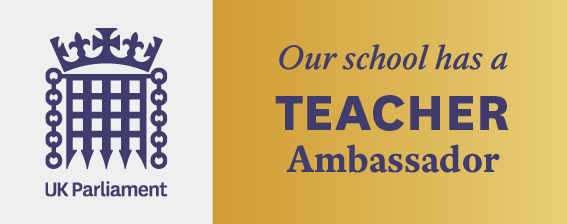
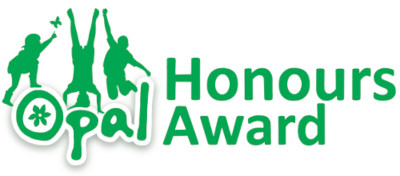
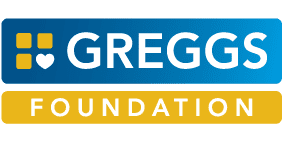
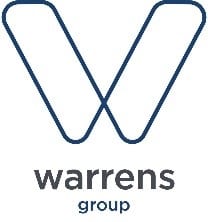

![Music-Mark-logo-school-right-[RGB]](https://eshwinning.durham.sch.uk/wp-content/uploads/2021/05/Music-Mark-logo-school-right-RGB-1.png)
